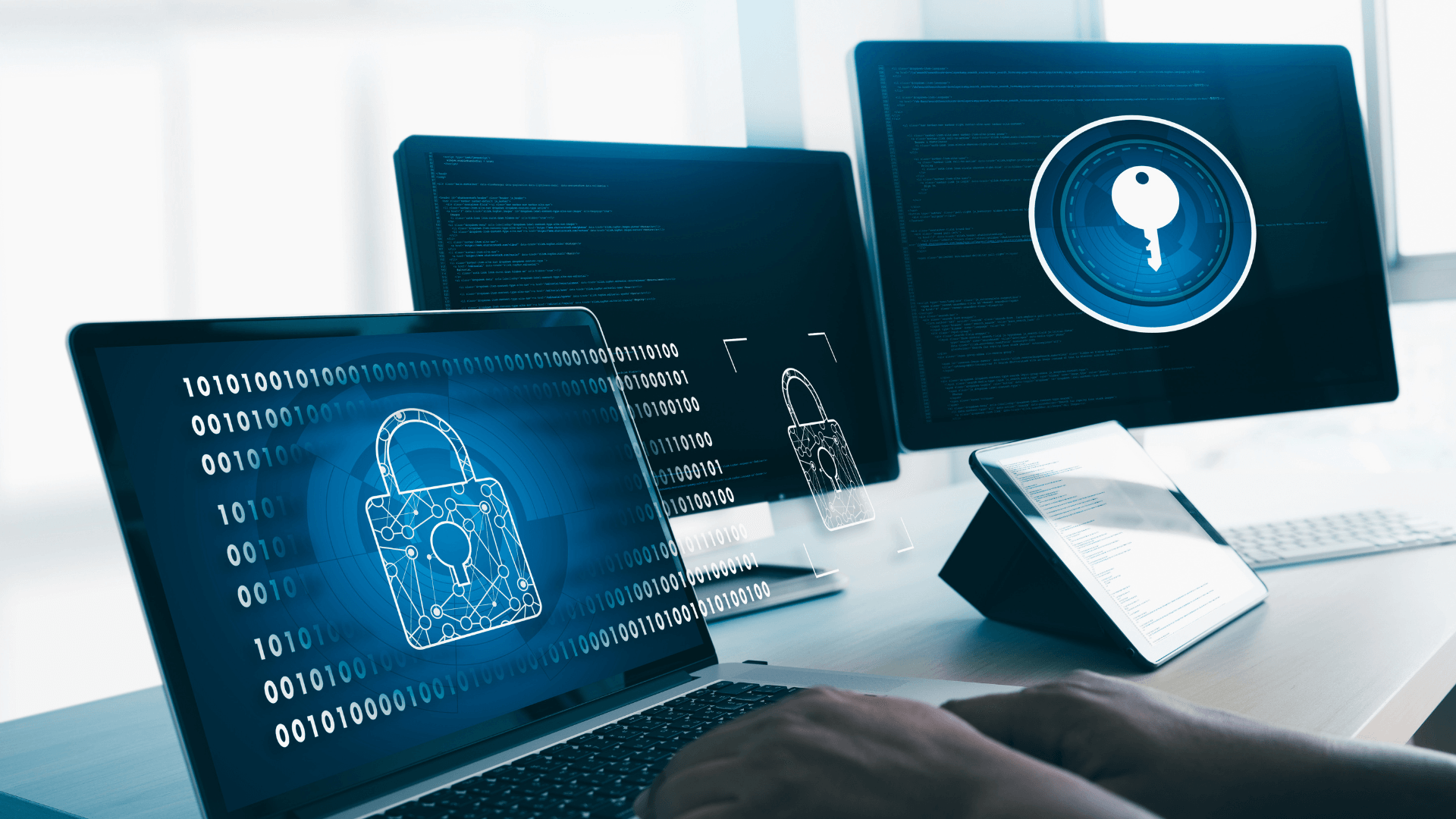Antivirus software is used to protect devices against a wide range of cyber threats. Since cybercriminals are continuously constructing new ways of carrying out attacks, antivirus software has to be just as sophisticated.
However, just simply installing antivirus software is not enough to ensure security. If it becomes outdated, which it eventually will as time goes on, it can’t effectively protect the system as it used to be able to. This can lead to the development of a false sense of security for users who believe that their devices are secure, while in actual fact, they are left exposed.
The problem with having outdated antivirus software means that as threats become more intelligent, the antivirus does not. Between 2023 and 2024, the UK saw roughly around 21,315 cyber attacks per day. There is no question about it that these are becoming more intricate, and sinister too.
So let’s take a look at why having a strong cybersecurity system can protect you from the ongoing evolvement of these threats.
What Can Happen If Your Antivirus Software Is Outdated?
Increasing your exposure to cyber threats isn’t the only issue to consider if your antivirus software is obsolete. It can also affect the way your apps and device systems operate. Additionally, you will be losing out on maximising your antivirus’s security features to get the most protection out of it.
Less Protection Against Newer Cyber Threats
Hackers are constantly developing new forms of malware and phishing techniques. As these are identified, antivirus softwares are updated to be able to detect and remove them. However, outdated systems won’t be able to recognise them, not counteract them.
Some of the more advanced malware uses a technique called ‘polymorphism.’ This means that it can actually change its code, almost as a camouflage, to avoid detection. Older antivirus systems don’t have the capabilities to combat these, which can leave your device vulnerable,
More from Guides
- Who Is Responsible For Managing HR Software?
- 7 Game-Changers Making Life Admin Effortless
- Why Startups Are Choosing VoIP Over Mobile Plans
- Which Countries Have Non-Domicile Regimes?
- Top Alternatives To LastPass
- What Is an Indie Hacker?
- Starting a Business in Azerbaijan
- Top Alternatives To Wise For Payments
You Won’t Get The Full Functionality Of Your Antivirus
Most antivirus systems offer more than just identifying viruses. They will use other features such as firewalls and behaviour-monitoring to be able to provide a thorough security system.
But as the system gets older and becomes outdated, some of these features may become limited or stop working altogether. If you have a credible antivirus program that you are paying for, you will want to get the full benefit from it so it is always recommended to have the most updated version.
There Is An Increased Risk Of Data Breaches
Having an outdated antivirus is almost like having a door that is unlocked. There is a false sense of security by it being there with the illusion of safety for your device. But in reality, it can still be accessed by hackers.
Cybercriminals are also aware that some systems may be outdated, and will exploit that. As a result, personal information could be stolen such as passwords or credit card information. This can lead to identity theft and can have a hefty financial toll on the victim.
Cybercriminals Often Target Outdated Systems
It’s not uncommon for cybercriminals to intentionally target antivirus systems that are not up-to-date. They know that these systems have patches in them, making them easier to hack into and access the information that they want.
Some systems are signature-based, which means that they compare suspicious activity to a database of identified threats to see if there is a match. When the system becomes too old, it isn’t able to do this, leaving the system susceptible to hackers.
Technical Support May Become Unavailable
When a software becomes too old, it will be much harder to access technical support for any issues. After a while, the antivirus company will stop providing bug fixes or security patches for that version, leaving it defenceless against cybercriminals.
How To Maximise Your Antivirus’s Security
The key takeaway is to always have your antivirus system updated to make sure that it has the necessary updates to be able to defend your system against modern threats.
If your chosen software offers automatic updates, it’s best to keep that setting as opposed to updating manually. This way, you won’t forget to update it and you’ll have peace of mind that your software is always running optimally.
When it comes to choosing a software provider, always do the research first to make sure that you find a trustworthy one that can provide comprehensive cybersecurity solutions. While it may be tempting to use a free antivirus program, these usually don’t have the advanced security features that the paid ones do.
As an additional security measure, you can also invest in firewalls or two-factor authentication for your devices if your chosen antivirus doesn’t already have these features built-in, which most modern ones will.
By investing in your antivirus, you are less likely to encounter a cyber attack as an individual or as a business.



